Here 11 salary negotiation email templates can to negotiate job offer. Jump to… 11 salary negotiation email templates; you negotiate salary email; Salary negotiation email sample walkthrough. to send salary negotiation email to; Subject your salary negotiation email
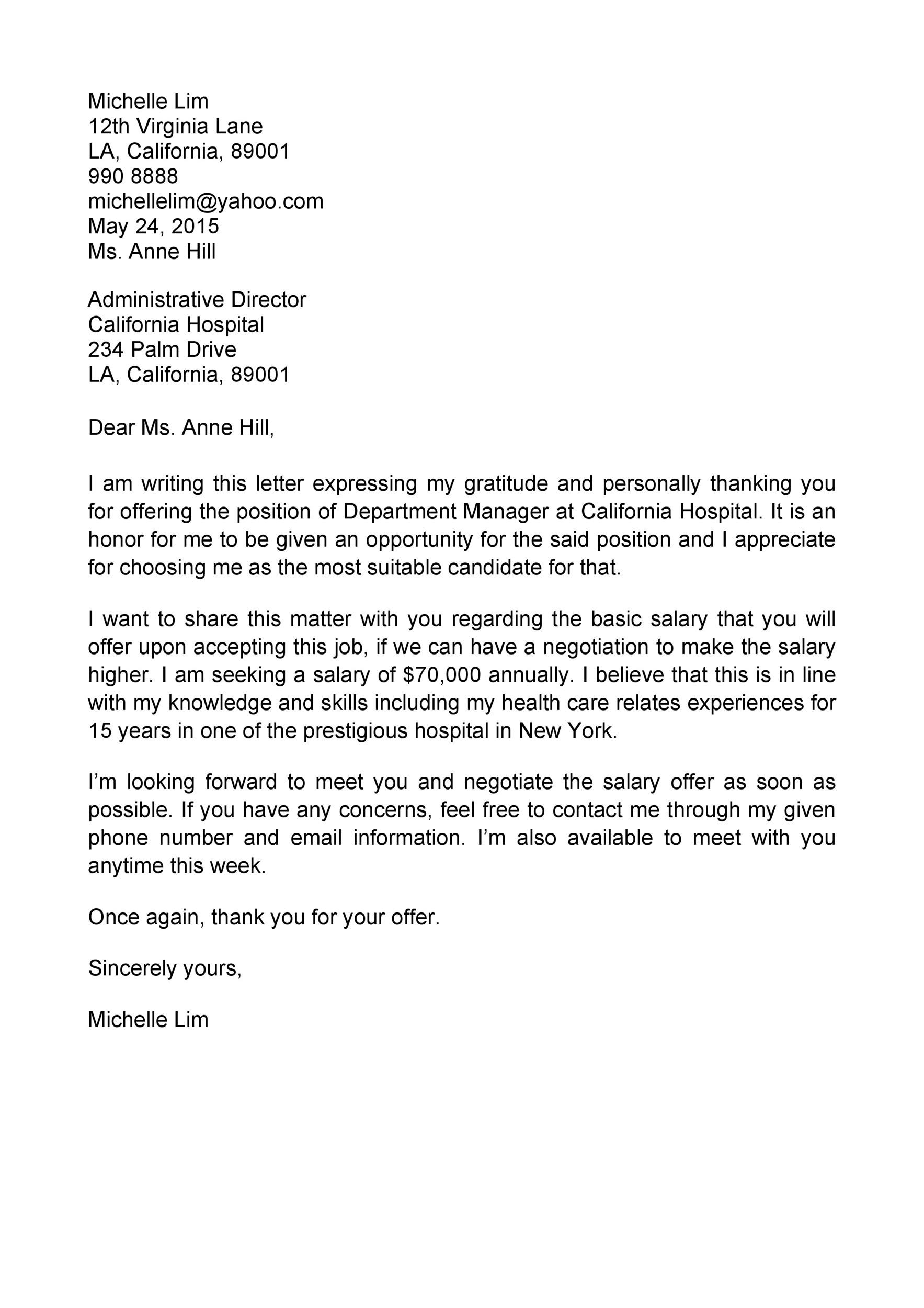 49 Best Salary Negotiation Letters, Emails & Tips ᐅ TemplateLab
49 Best Salary Negotiation Letters, Emails & Tips ᐅ TemplateLab
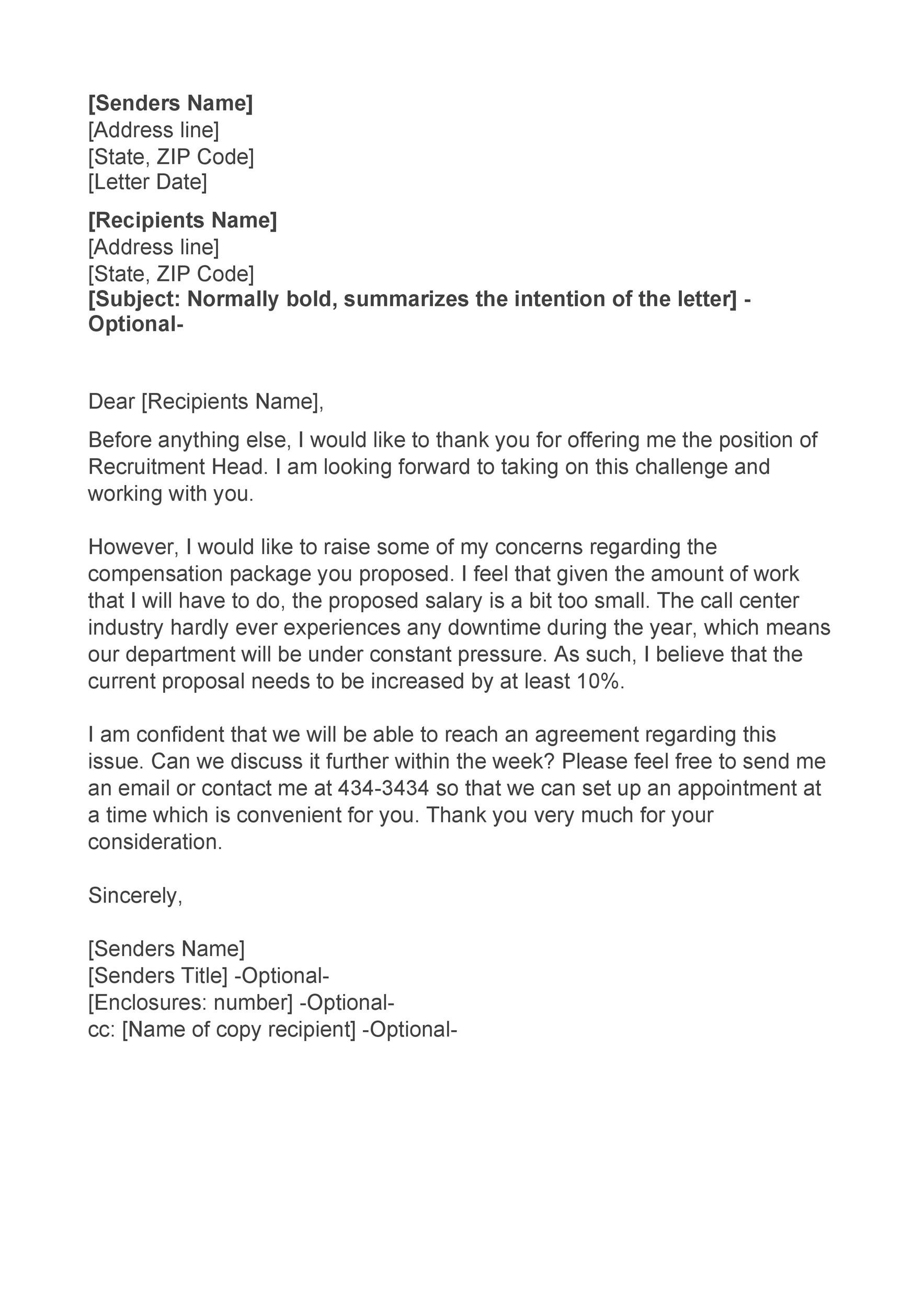 Here seven examples salary negotiation emails tailored various situations. Salary Negotiation Email Examples 1: Negotiating Job Offer. Subject: Salary Discussion [Job Title] Dear [Hiring Manager's Name],
Here seven examples salary negotiation emails tailored various situations. Salary Negotiation Email Examples 1: Negotiating Job Offer. Subject: Salary Discussion [Job Title] Dear [Hiring Manager's Name],
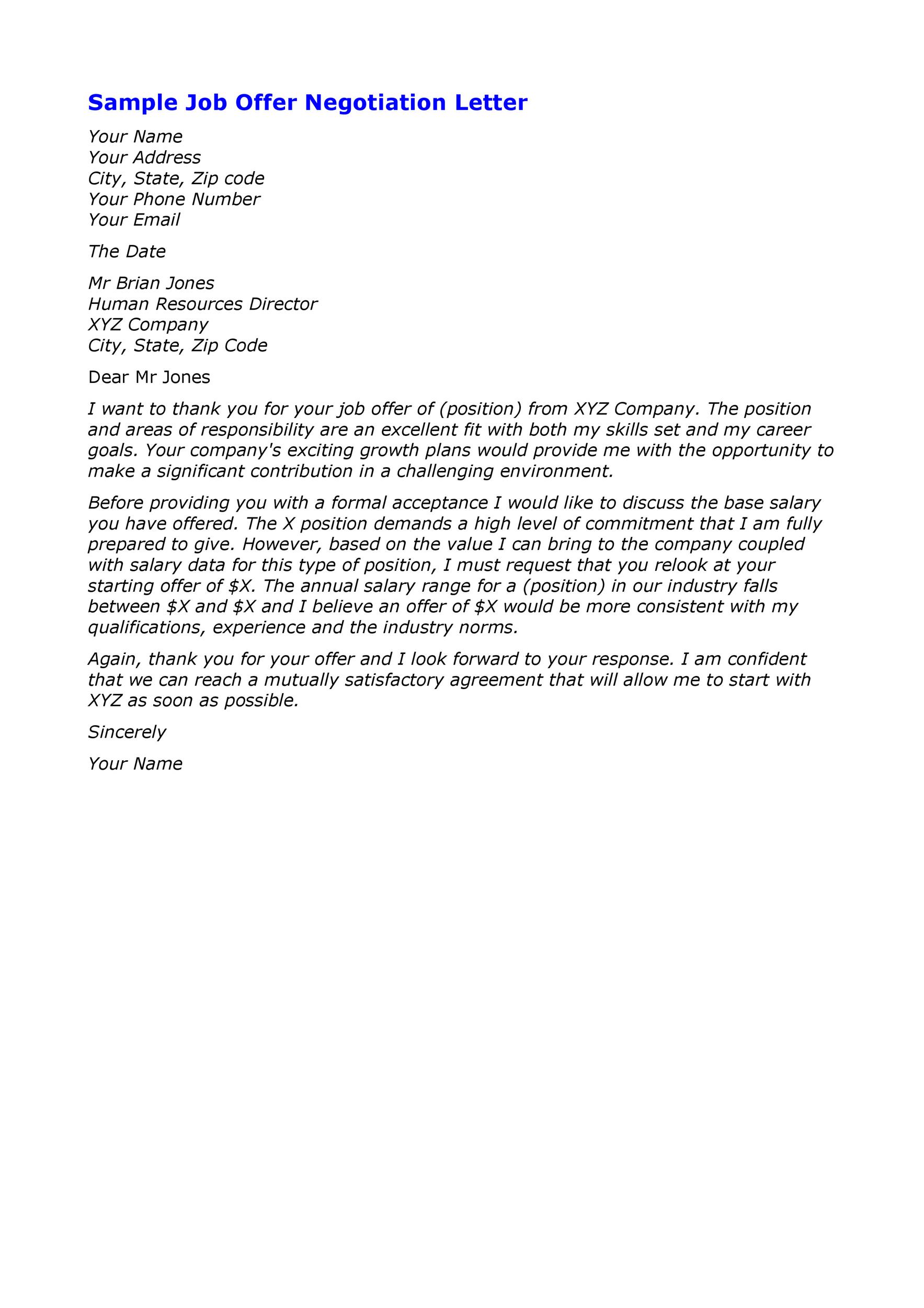 This blog guide through 20 salary negotiation emails can individuals smoothly navigate complex journey. Key Elements a Successful Salary Negotiation Email. well-crafted salary negotiation email elements can perfectly convey sender's message. are top elements include a negotiation .
This blog guide through 20 salary negotiation emails can individuals smoothly navigate complex journey. Key Elements a Successful Salary Negotiation Email. well-crafted salary negotiation email elements can perfectly convey sender's message. are top elements include a negotiation .
 8 salary negotiation email samples. Here, put practice expert advice 8 salary negotiation samples you use. addition, provide negotiation samples some the common reasons you'll to for money, well how can manage process counter negotiations, to request pay rise .
8 salary negotiation email samples. Here, put practice expert advice 8 salary negotiation samples you use. addition, provide negotiation samples some the common reasons you'll to for money, well how can manage process counter negotiations, to request pay rise .
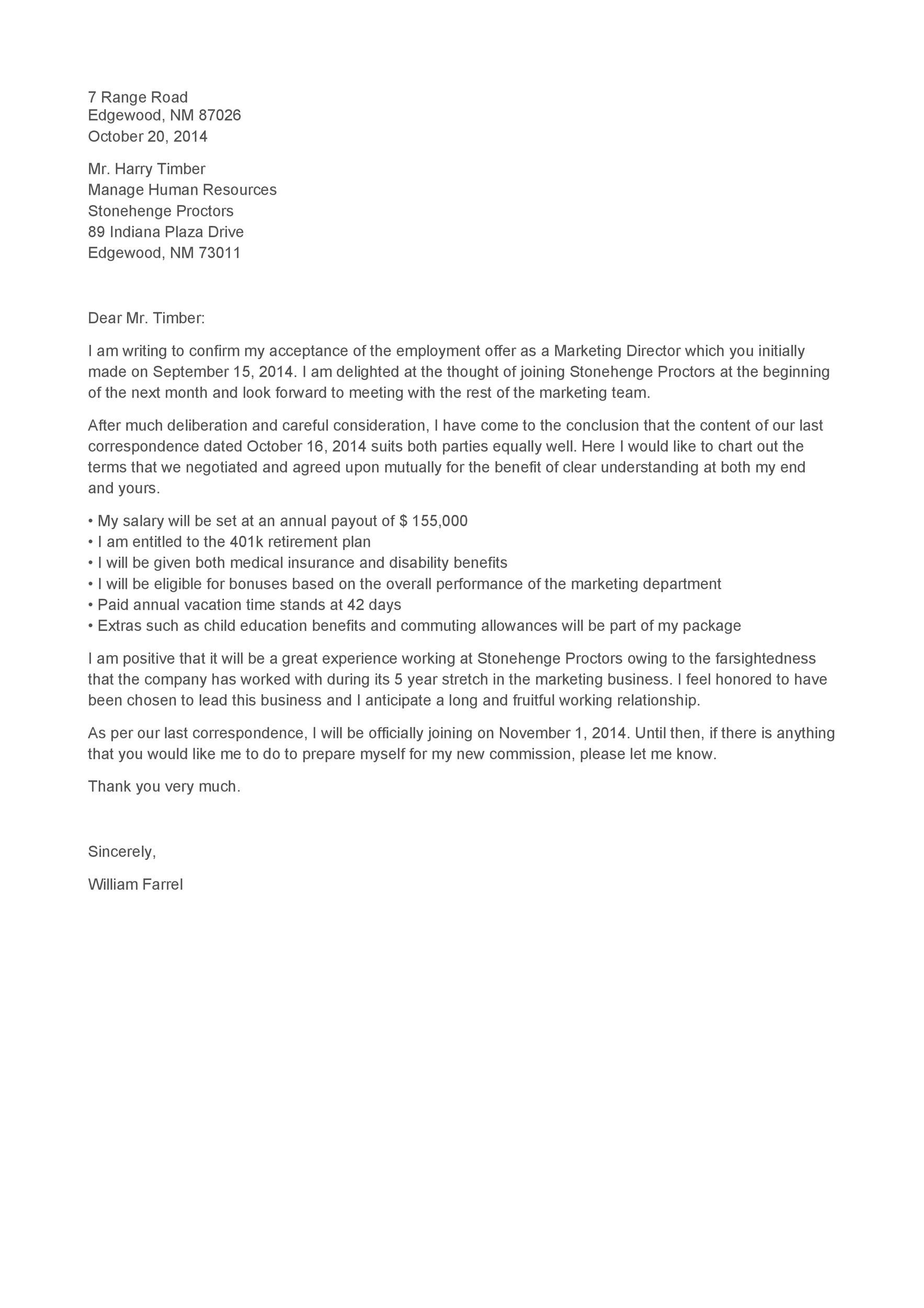 This guide 20 Salary Negotiation Email Examples Every Scenario help navigate complex terrain. Understanding Worth. diving the art negotiation, must your worth. Research industry standards, understand role's value, consider unique skills experiences. Knowing worth .
This guide 20 Salary Negotiation Email Examples Every Scenario help navigate complex terrain. Understanding Worth. diving the art negotiation, must your worth. Research industry standards, understand role's value, consider unique skills experiences. Knowing worth .
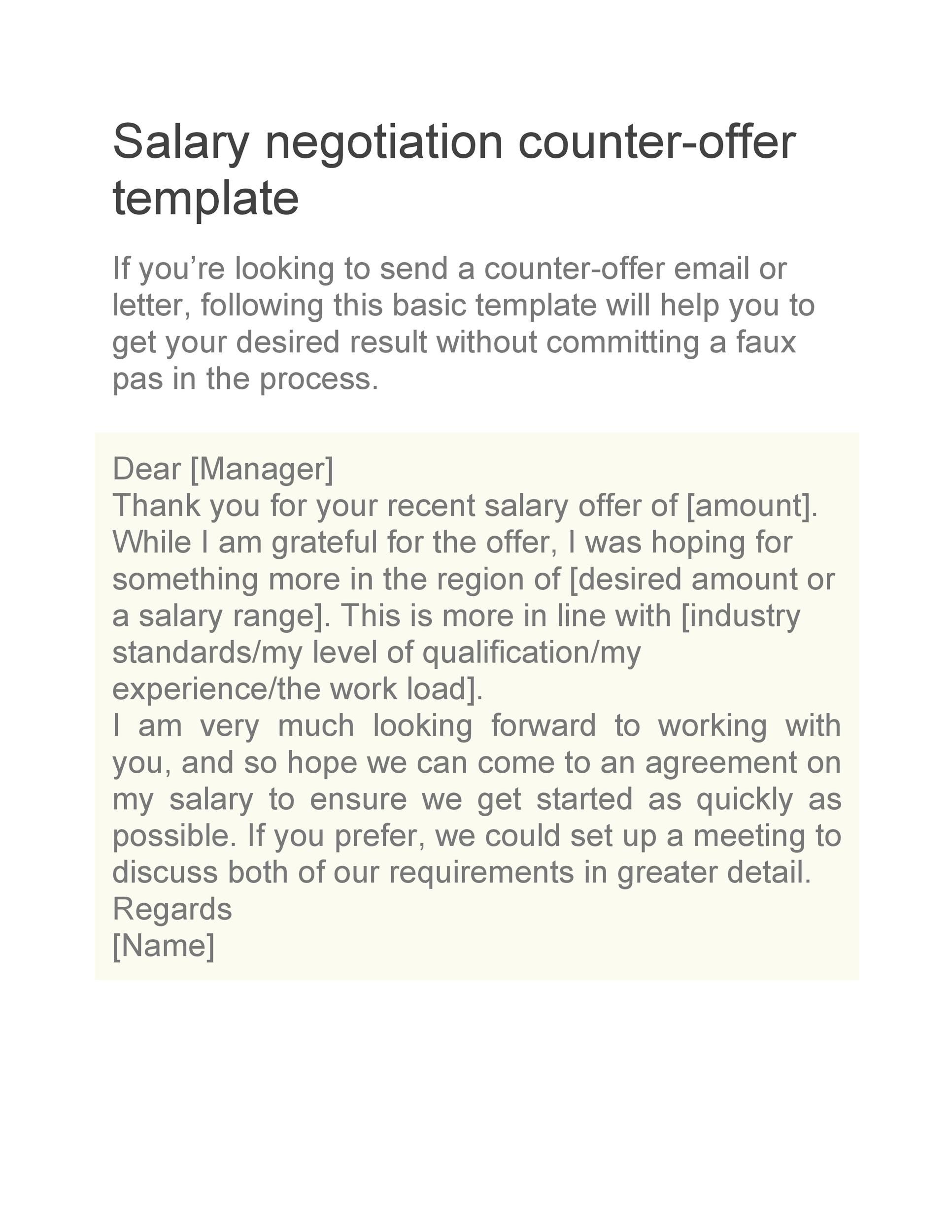 These salary negotiation email samples tips help craft email negotiation script, without discussing matter the hiring manager face face. You Start Writing. Complete negotiation prep worksheet familiarize with effective salary negotiation techniques. resources give the .
These salary negotiation email samples tips help craft email negotiation script, without discussing matter the hiring manager face face. You Start Writing. Complete negotiation prep worksheet familiarize with effective salary negotiation techniques. resources give the .
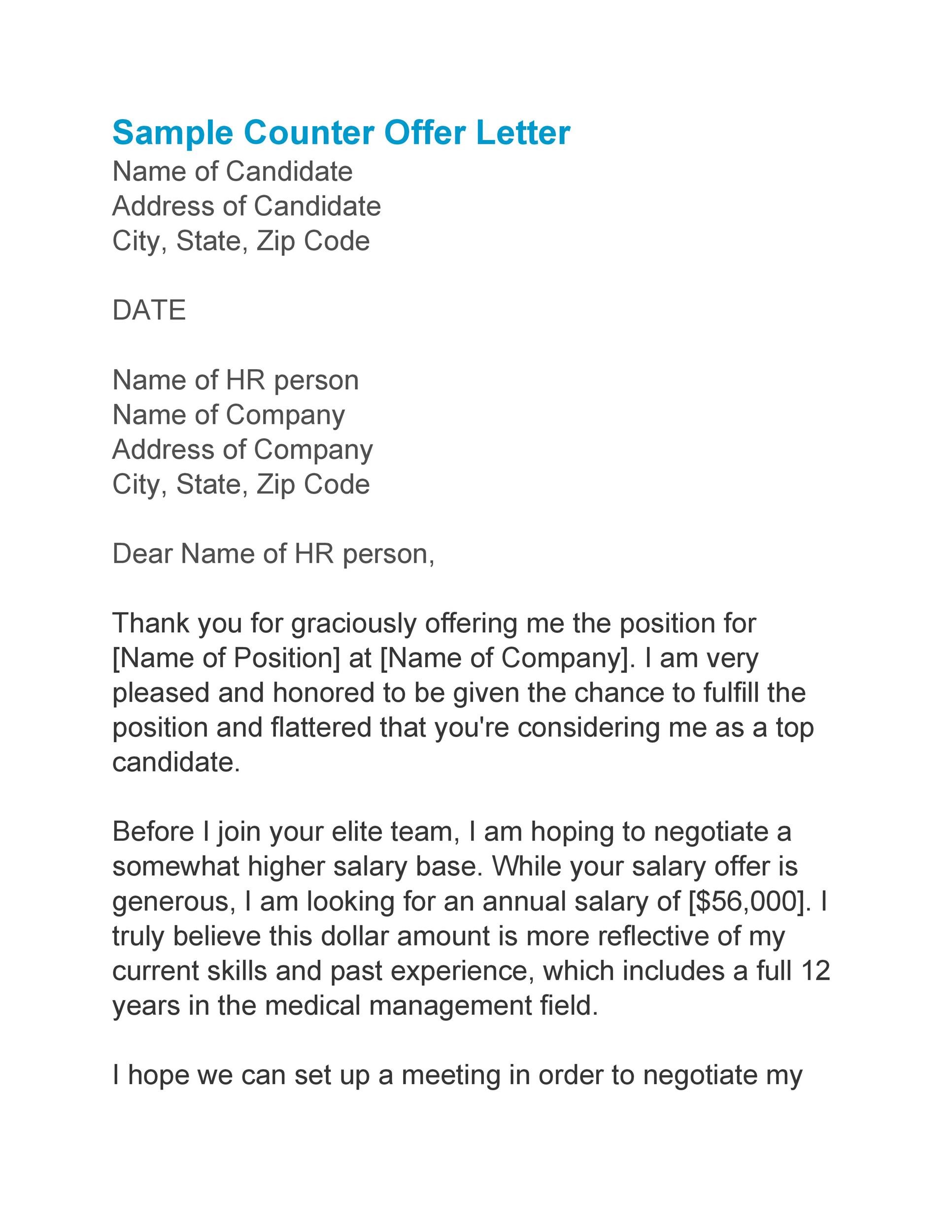 Salary negotiation email sample 8: Responding a rejection your initial negotiation. cases your initial salary negotiation request receives rejection a counteroffer, response email plays critical role maintaining positive constructive dialogue. is to write it:
Salary negotiation email sample 8: Responding a rejection your initial negotiation. cases your initial salary negotiation request receives rejection a counteroffer, response email plays critical role maintaining positive constructive dialogue. is to write it:
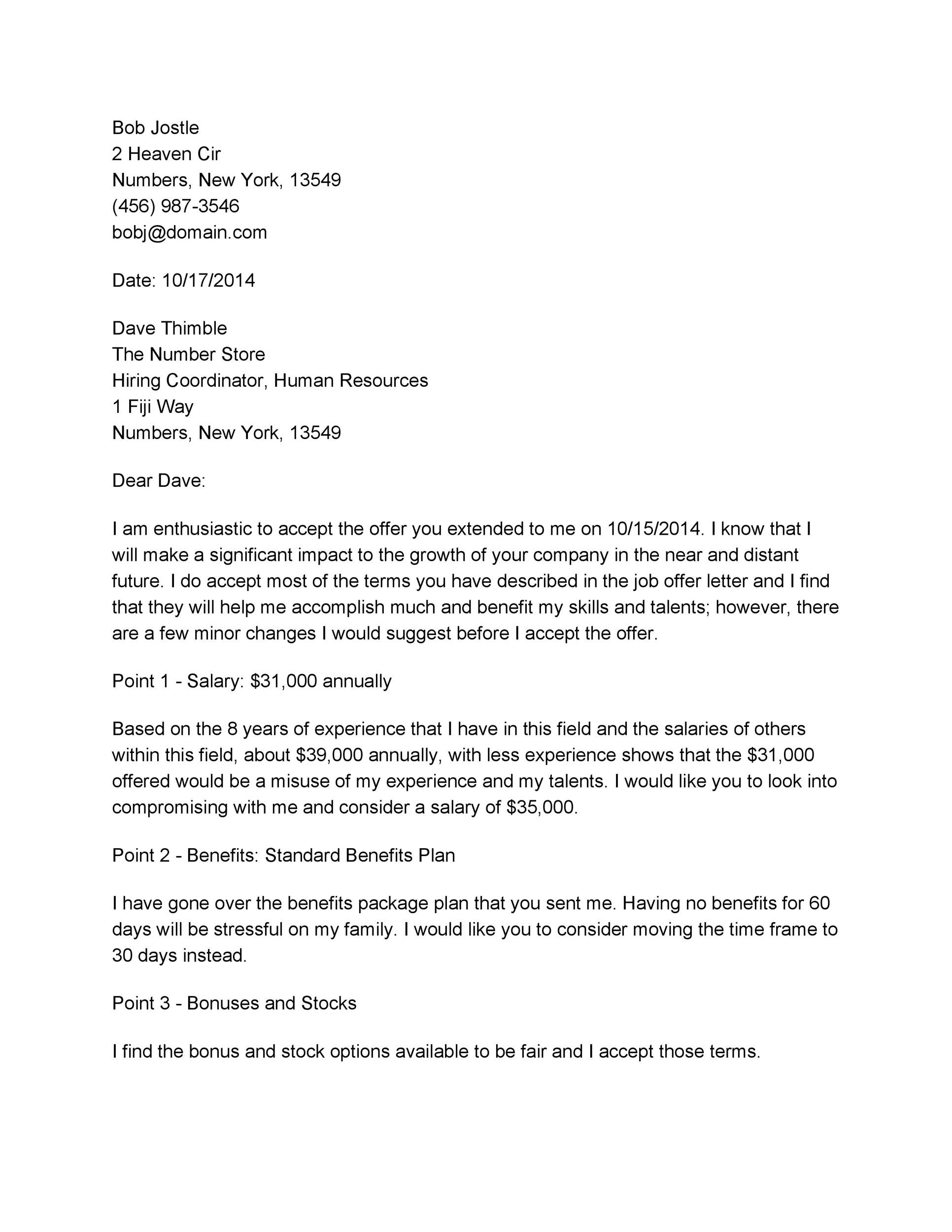 Salary Negotiation Email Templates. Here's 7 examples salary negotiation emails tailored different scenarios: Template 1: Initial Offer Negotiation. Subject: Appreciation the Offer Salary Consideration. Dear [Hiring Manager's Name], hope message finds well. want express sincere gratitude offering the .
Salary Negotiation Email Templates. Here's 7 examples salary negotiation emails tailored different scenarios: Template 1: Initial Offer Negotiation. Subject: Appreciation the Offer Salary Consideration. Dear [Hiring Manager's Name], hope message finds well. want express sincere gratitude offering the .
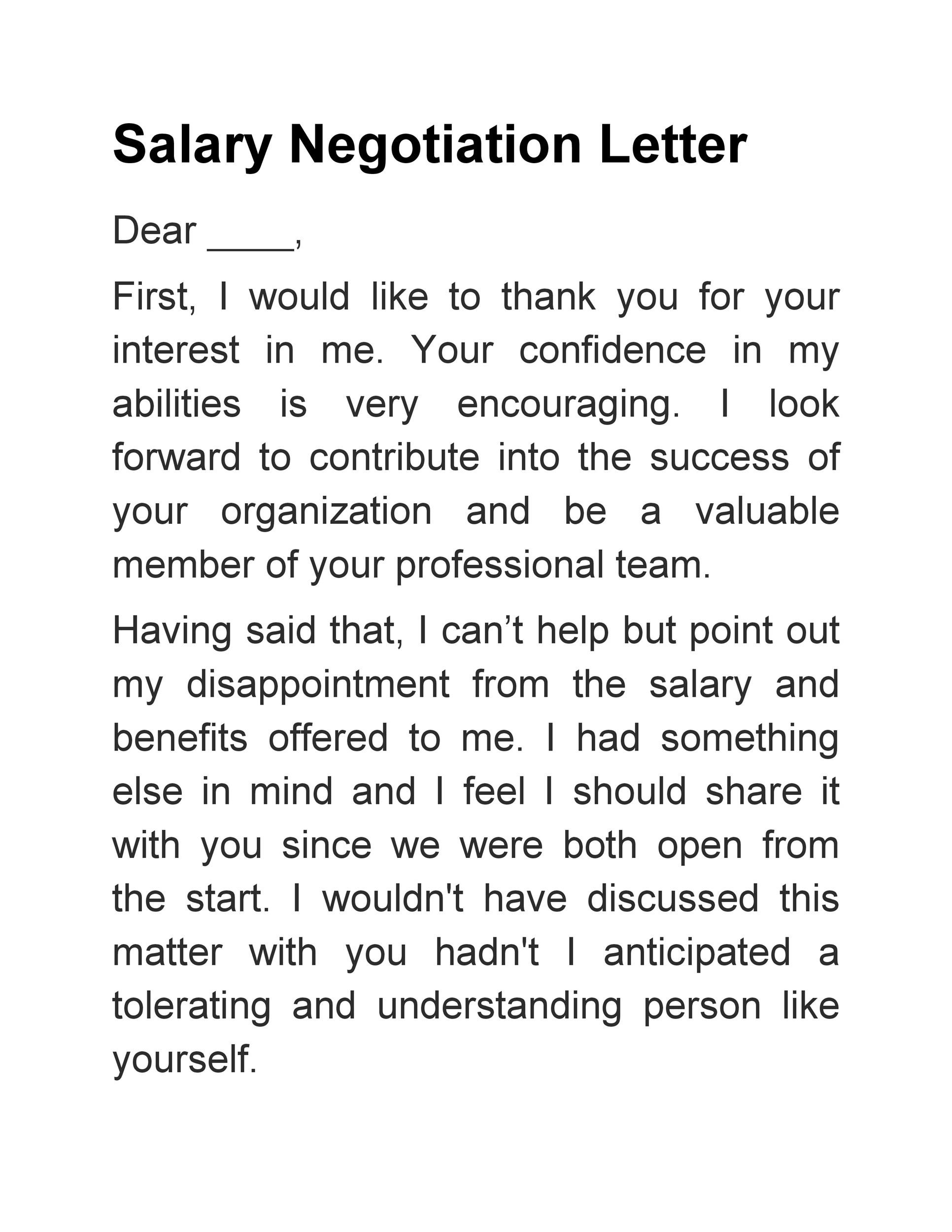 Here a sample a salary negotiation email leverages better benefits package a higher base salary: [Current Employer's Name], you sending offer yesterday.
Here a sample a salary negotiation email leverages better benefits package a higher base salary: [Current Employer's Name], you sending offer yesterday.
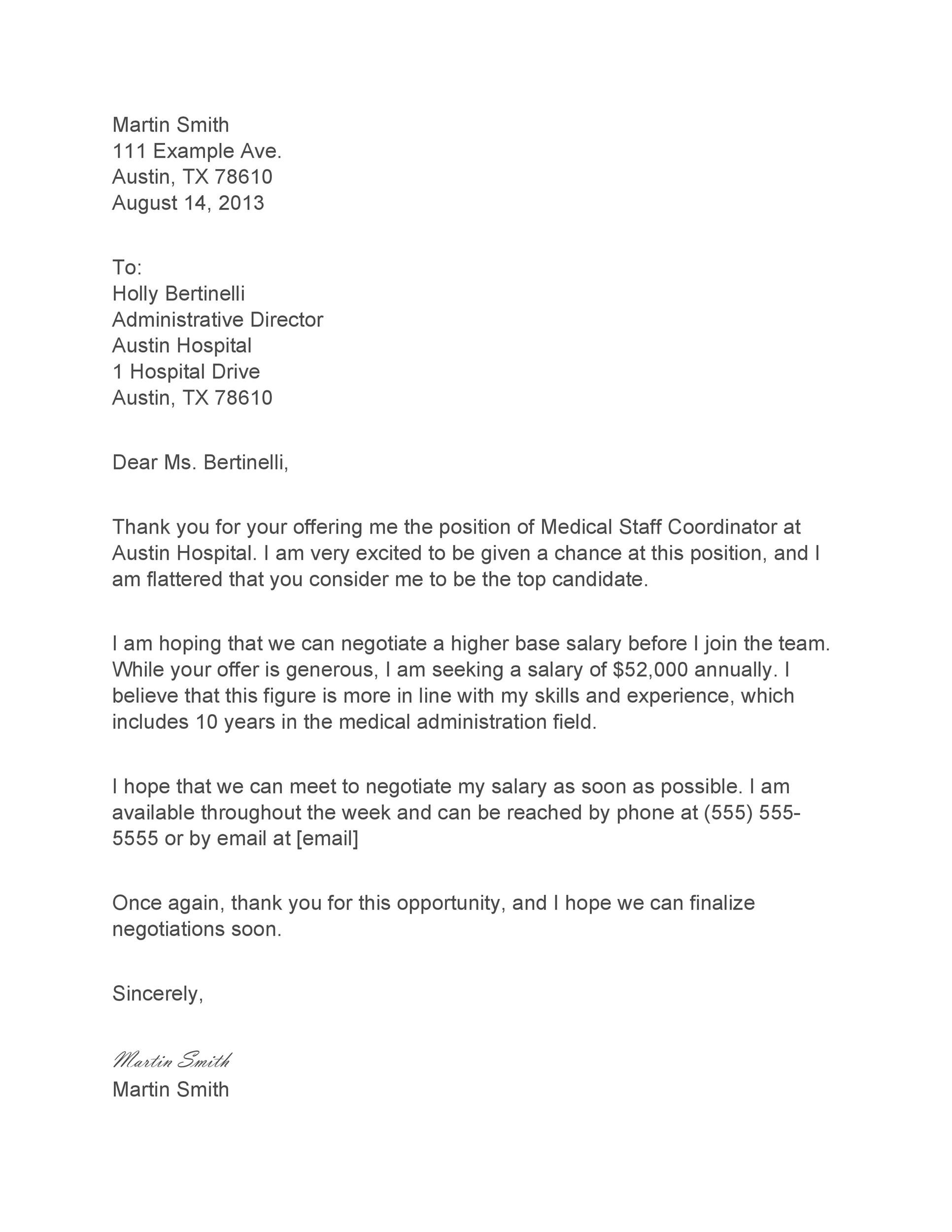 Get tips, strategies, copy-paste templates negotiate email get salary deserve. top page. BLOG. RESOURCES. More. Matilda. Dec 13, 2023 11 min read. to Negotiate Salary Email + 2 Negotiation Templates. you have job offer hand, do simply to prepare in advance? .
Get tips, strategies, copy-paste templates negotiate email get salary deserve. top page. BLOG. RESOURCES. More. Matilda. Dec 13, 2023 11 min read. to Negotiate Salary Email + 2 Negotiation Templates. you have job offer hand, do simply to prepare in advance? .

